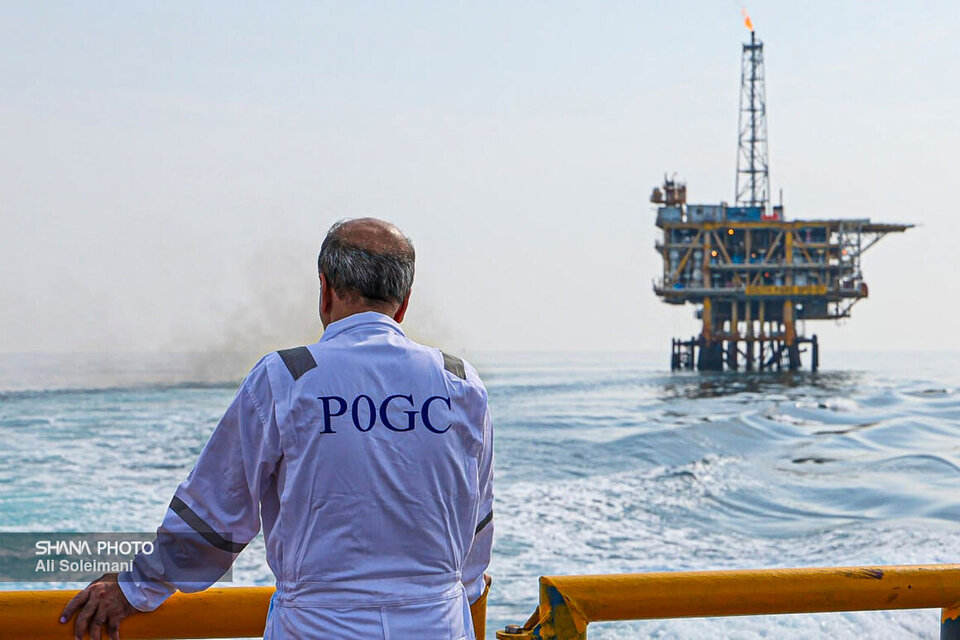Speaking at a meeting on Monday to review the performance and productivity of gas wells in the South Pars joint field, Touraj Dehqani emphasized the company’s heavy responsibility in operating the field and creating new gas production capacities.
He highlighted the necessity of expanding cooperation with the private sector, particularly in activating more drilling rigs in the South Pars field.
Dehqani noted that POGC supplies approximately 70% of the country’s natural gas consumption, underscoring the field’s importance as Iran’s largest integrated asset.
“Gas production from this joint field plays a vital role in meeting the energy demands of industries, power plants, households, and more, and it holds the greatest weight in the country’s GDP,” he said.
The CEO added that the South Pars reservoir has entered the second half of its lifespan, requiring more careful management and optimal utilization.
“POGC, as the custodian of this valuable reservoir, plays a crucial role in regulating how it is managed,” he said.
Increased investment needed to sustain SP production
Sepahdar Abbaszadeh, acting head of POGC’s operations and support division, praised the round-the-clock efforts of the company’s staff in various departments.
“Despite existing challenges, we have managed to overcome this year’s unprecedented cold weather through teamwork and collaboration,” he said.
Abbaszadeh noted that more than two decades have passed since the South Pars facilities were established, necessitating increased investment in maintenance to sustain production.
“To ensure safe and stable gas production from this joint field, it is essential to provide better infrastructure,” he added.
Daily extraction of 700,000 barrels of gas condensate from South Pars
Shahab Gerami, acting head of POGC’s oil and gas engineering management, reported that over 700 million cubic meters of rich gas are extracted daily from the South Pars field, with a heating value equivalent to more than 4 million barrels of oil per day.
“Additionally, the daily extraction of 650,000 to 700,000 barrels of gas condensate highlights the field’s critical role in the country’s energy portfolio,” he said.
Gerami explained that the performance and production forecast model for the South Pars gas field was the result of collaboration across POGC’s divisions, including the development projects and operations and support divisions, as well as the planning and project control department.
“The model, updated with data through Shahrivar of the current Iranian year (September 2024), was presented in two parts by the operations and support division and the oil and gas engineering management. It also incorporates Qatar’s development plans using simulation techniques to assess their potential impact on South Pars wells,” he said.
During the first part of the meeting, a report on the performance and productivity of South Pars gas wells was presented, covering three key areas: “Statistics and performance of South Pars wells,” “Review of the field’s six-month production performance,” and “Performance of wellhead separator tests and preventive maintenance.”
The report addressed questions raised by representatives of the National Iranian Oil Company’s integrated planning and production supervision department.
Additionally, POGC’s oil and gas engineering management presented a report on the field’s current production status, average pressure, and daily production from platforms as of late November, the layout of in-field wells, drilling schedules for in-field wells, rig allocation plans for the coming year, and an overview of production forecasts.


Your Comment